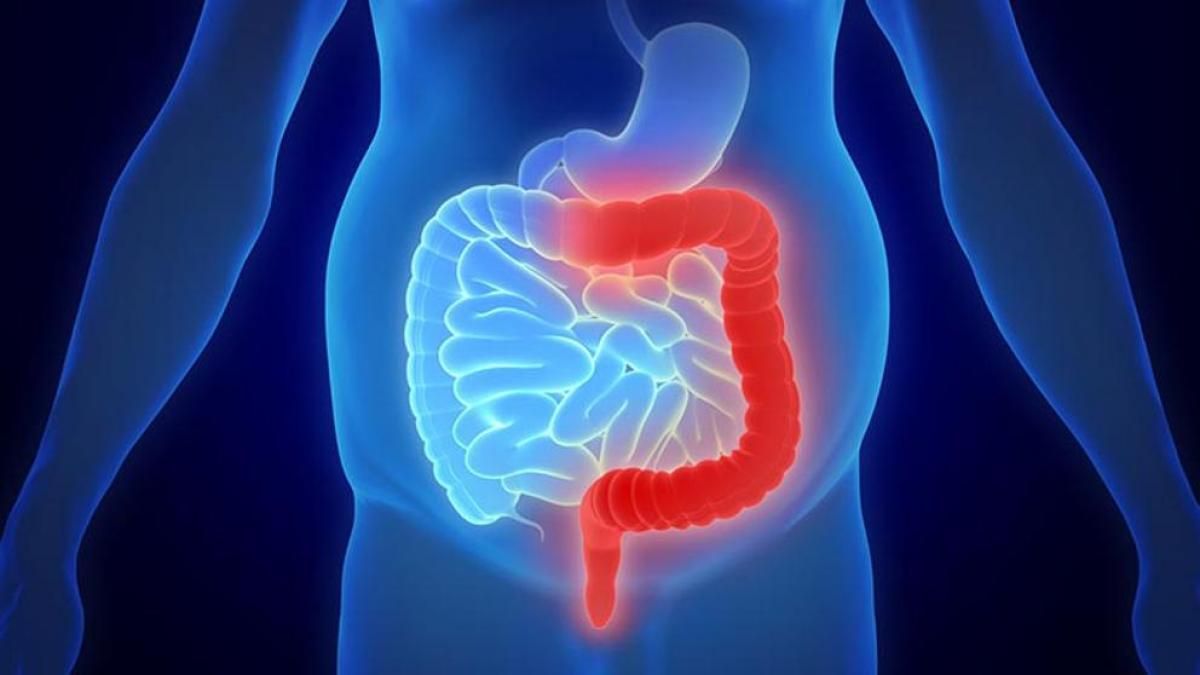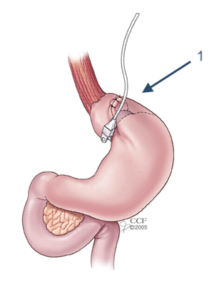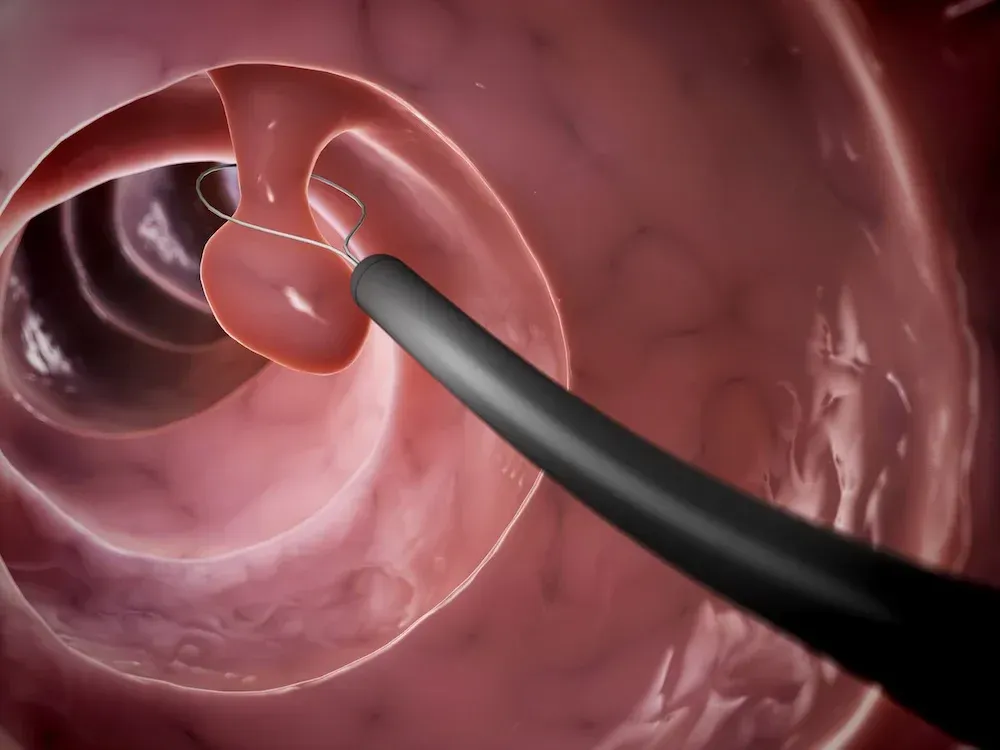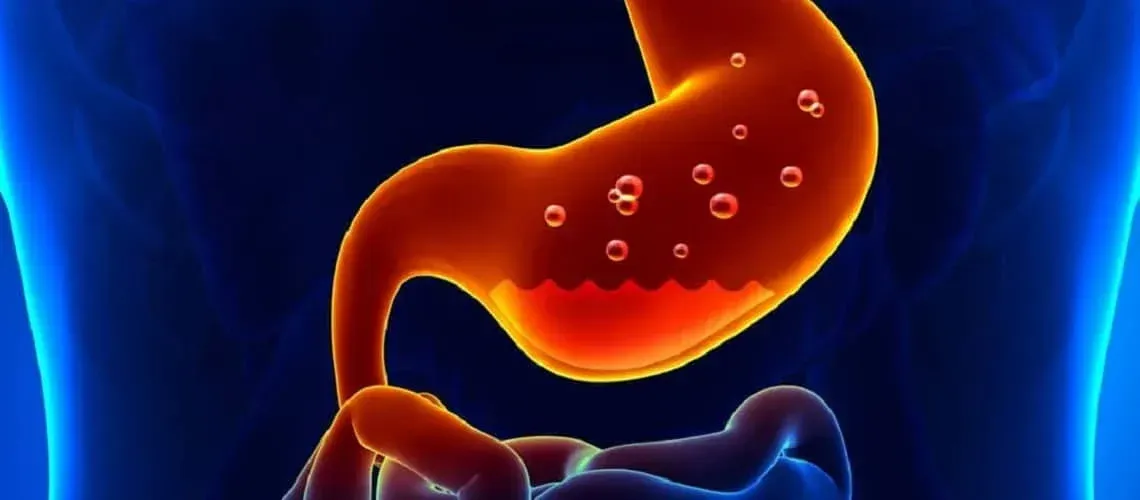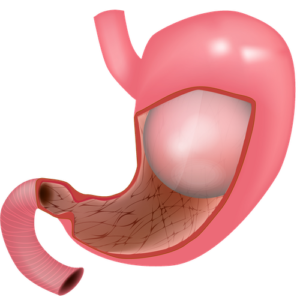Prescription Weight-Loss Medications
Pros and cons of medications to treat obesity.

Read in Spanish

Are you an adult who is overweight or obese and has serious health problems because of your weight?
Have weight loss tips and other procedures for weight loss been ineffective?
Have you tried diet and exercise but haven’t been able to achieve significant weight loss?
If you answered yes to any of these questions, then a prescription weight-loss drug might be an option for you.
It is important to understand that these medications are used in addition to diet and exercise.
Who is a candidate for weight-loss medications?
You could be a candidate for weight-loss medications if you haven’t been able to lose weight through diet and exercise and you meet one of the following:
- Your body mass index (BMI) is greater than 30.
- Your BMI is greater than 27 and you have a serious medical problem related to obesity, such as diabetes or high blood pressure.
In our weight loss clinic , we consider your health history before selecting a medication for you. The medications are prescribed by Dr. Erick Alayo.
How well do weight-loss medications work?
All prescription weight-loss medications approved for long-term use produce significant weight loss compared with placebo. In addition, studies show that the addition of weight-loss medications to lifestyle changes results in greater weight loss than lifestyle changes alone.
Over the course of 12 months, that can mean a weight loss of 3 to 10 percent of total body weight beyond that achieved with lifestyle changes alone. That may seem like a modest amount, but sustained weight loss of 5 to 10 percent of total body weight can have health benefits, such as lowering blood pressure, blood sugar and triglyceride levels.
What you should know about weight-loss medications
Mild side effects, such as nausea, constipation or diarrhea, are common, but may lessen over time. Rarely, serious side effects can occur.
Weight-loss drugs can be expensive and are not always paid for by insurance. Check with your insurance company to learn about coverage for each medication option.
How long does weight loss medication therapy last?
How long you will need to take weight-loss medication depends on whether the drug helps you lose weight and whether you have any side effects. If you have lost enough weight to improve your health and aren’t having serious side effects, your doctor may suggest that you stay on the medication for a few years.
If you don’t lose at least 5 percent of your body weight after 12 weeks on the full dose of your medication, we will probably change your treatment plan or consider using a different weight-loss medication.
After stopping weight-loss medication, many people gain back some of the weight they lost. However, adopting healthy lifestyle habits and following with our dietitian may help limit weight gain.
What drugs are approved in the U.S. for weight loss?
Four prescription weight-loss drugs are approved by the U.S. Food and Drug Administration (FDA) for long-term use: phentermine-topiramate (Qsymia), liraglutide (Saxenda), bupropion-naltrexone (Contrave), and orlistat (Xenical).
Most prescription weight-loss drugs work by decreasing appetite or increasing feelings of fullness, and some do both. The exception is orlistat, which works by interfering with absorption of fat.
Learn More About Weight Loss
Weight Loss Clinic: 5 tips from our Registered San Diego Dietitian
Obesity in Adults: Weight Loss Medications
Advantages of Our Gastro SB Weight Loss Clinic
Procedures for Weight Loss
The post Prescription Weight-Loss Medications appeared first on Gastro SB.




